Apple finding it difficult to crack Japanese cell phone market
Apple's iPhone, a runaway success in the US and parts of Europe, is struggling to see similar success in Japan, where consumers who've long been privy to some of the world's most advance cell phones are passing over the touchscreen handset for cheaper and more familiar offerings.
Part of the problem is that Apple and its exclusive Japanese carrier Softbank are marketing the handset at high prices and touting features such as 3G internet access. While 3G access is relatively new for US customers, the technology has been a staple on Japanese cell phones for years.
The 16GB model is priced at approximately $320 for new customers who sign up for a two-year contract, slightly above the $299 asking price from US carrier AT&T. Softbanks existing 19.5 million subscribers aren't offered the same subsidy, however, and must pay $540 for the same model on top of Internet service fees that scale as high as $60 per month.
Although the carrier has lowered data fees since the launch of the iPhone 3G in July, the vast majority of consumers are still opting for one of the many handsets that are consistently on sale for lower prices, the Journal said.
Another barrier to adoption is that the iPhone lacks features that are familiar to Japanese consumers, such "emoji," a form of clip art that can be inserted in sentences to spruce up email messages. The iPhone also lacks other capabilities found on most Japanese cell phones such as digital television, satellite navigation service, and chips that let owners use their phones as debit cards or train passes.
Apple's App Store, one of the iPhones standout features, has also been largely passed over by Japanese users who are both unfamiliar with its advantages and cautious of making purchases online.
"Japanese users don't know what to do with an iPhone," said Takuro Hiraoka, an analyst for GfK Marketing Services Japan Ltd. "Sales could grow if Apple provides specific examples of how it can be used."
Apple isn't alone in its struggles. The Journal notes that "more than 10 domestic handset manufacturers compete for a slice of Japan's cellphone market," but even the global leader, Nokia, hasn't found a way to garner a 1 percent share. Sharp, based out of Tokyo, is the market leader with a 25 percent share.
 Katie Marsal
Katie Marsal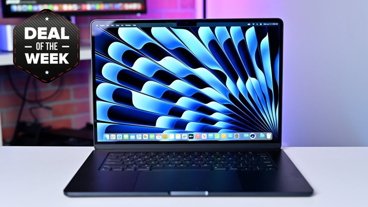





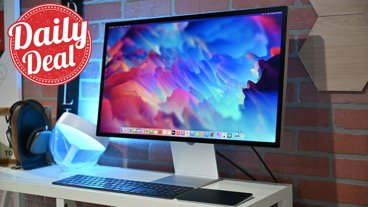






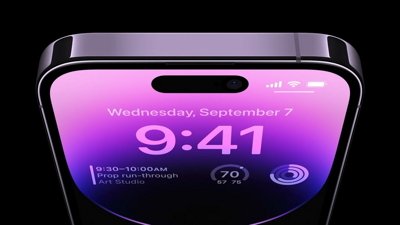
 Charles Martin
Charles Martin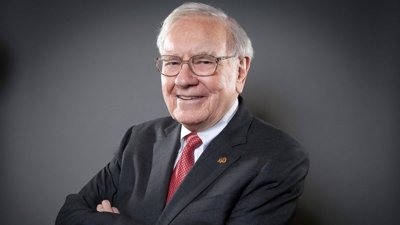
 William Gallagher
William Gallagher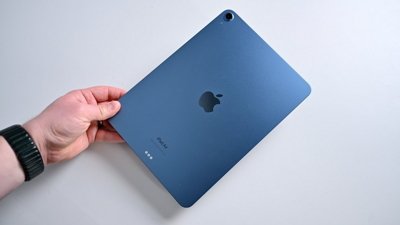
 Andrew Orr
Andrew Orr
 Malcolm Owen
Malcolm Owen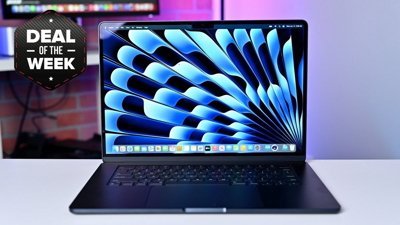
 Christine McKee
Christine McKee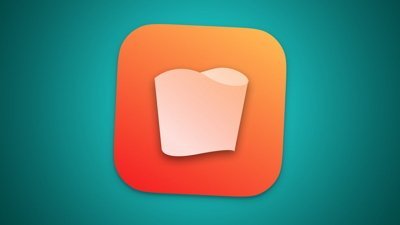
 Chip Loder
Chip Loder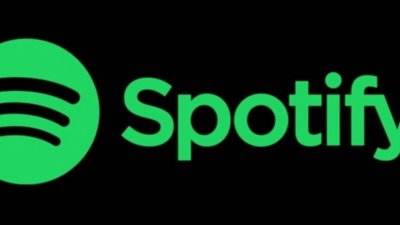
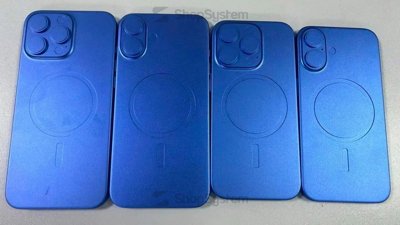
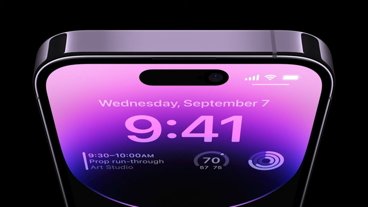
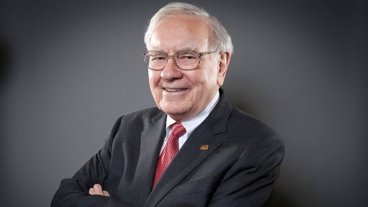






155 Comments
Man, I'd love the Japanese market to force Apple to give the iPhone more features and lower pricing.
Man, I'd love the Japanese market to force Apple to give the iPhone more features and lower pricing.
Actually it sounds like Apple needs a team of iPhone developers whose sole job is to make features that Japanese buyers care about but no one else does. Emoji, DoCoMo payments, some sort of dock-port add-on that receives HiDef TV, etc. I suspect the fees aren't actually what's driving the slow adoption so much as the fact that the iPhone can't replace the average "near-free" phone for typical Japanese usage, while it can for most areas of the world.
How quick people were to judge from this report:
http://forums.appleinsider.com/showthread.php?t=89972
How quick people were to judge from this report:
http://forums.appleinsider.com/showthread.php?t=89972
LOL
What is it? Is it doing good or what?
Some Japanese analysts are saying it could be as small as 160,000 units. WSJ gets most of it right but there are some missing pieces. In addition to the emoji (which are glyphs that use the Unicode free use area), iPhone does not have the one-seg digital TV reception most handsets have now or the digital wallet function. These are not the biggest drawback however, it is the poor reputation and lousy execution of Softbank.
The Softbank store experience compared to Docomo and AU is poor, the iPhone 3G phone plan is complex and Softbank has lowered the initial tier price for packet data but if you use 3G data much at all, the price has not changed. Softbank should have come out the door with lower prices but all they are doing is reacting to Docomo price cuts which does not look good in the eyes of most people here.
Despite all this there is still interest in the device and hope but only if Docomo signs on. I talked with one journalist who said that Docomo has already agreed to sell iPhone but was waiting for the green light from Apple. There is also reports from analysts that if Softbank does not hit their iPhone sales targets, Docomo will be brought online. There are a lot of Docomo users who have said they are interested in iPhone and Apple would easily hit the 1 million mark in Japan if Docomo comes into play. Will be interesting to see how it develops
JB in Tokyo